Soul
Discover 8 Alternative Healing Therapies That Could Transform Your Health

Team NxtClue
Content
|
5 mins
|
Aug 26, 2024
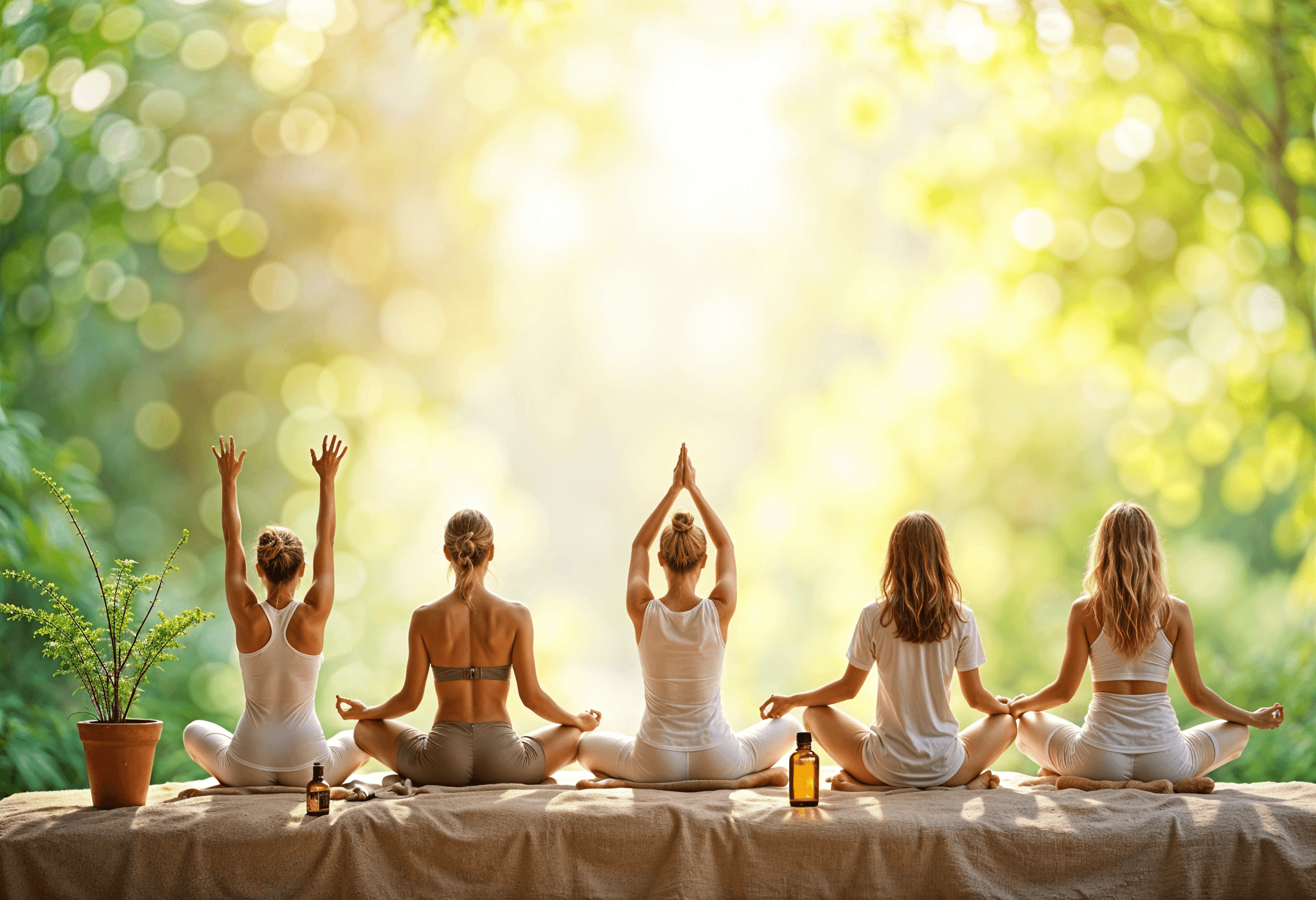
0:00/1:34
Don't have enough time to read?
Listen
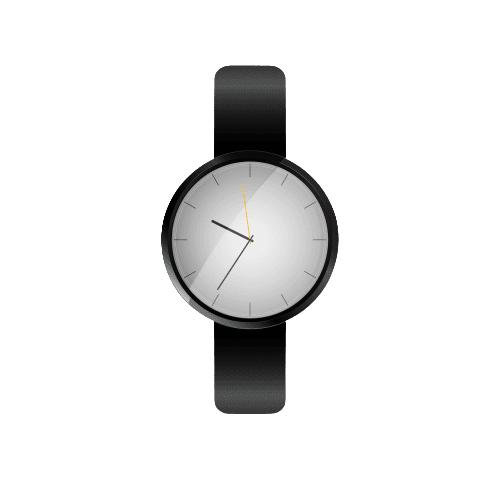
8 Alternative Healing Therapies That Are Good For You
Alternative healing therapies involve a variety of practices that fall outside the purview of pharmaceutical treatments. People always turn to them as an alternative to conventional or mainstream treatment for minor illnesses when they find that the latter isn’t working for them. Hence the name alternative healing.
It wasn’t too long ago that these practices were getting a bad rep, often called 'backwards and unreliable'. However, as more people came out with their own positive experience with alternative healing, we’ve come to realize its extraordinary benefits. Today, it’s even offered in many clinical settings in combination with conventional treatments for serious illnesses, and their acceptance in society is growing rapidly as a result.
Let's take a look at a few of these alternative healing therapies and their benefits:
Yoga
Yoga goes back centuries and even millennia, inclusively following a number of spiritual and physical practices such as breathing exercises, meditation, sounds, posture work, and visualization collectively known as Ashtanga, that help increase your self-awareness. A lot of studies suggest that yoga can help reduce the symptoms of depression and anxiety. It's best to do a few classes with a professional instructor if you're a beginner, as doing the yoga poses incorrectly can also result in injuries.
Acupuncture
Acupuncture is an ancient Chinese technique that is a popular form of alternative healing used by licensed physicians. This practice works on the belief that a blocked 'Qi' or energy causes several health problems and aims to restore the flow of your Qi.
An acupuncturist will insert very fine needles into different parts of the body (called acupuncture points). This is believed to stimulate nerves and muscles, which releases natural pain-relieving chemicals into the body. Several studies have shown that acupuncture can help cure digestive problems, back pain, anxiety, sleep disorders, and depression, among other things.
Aromatherapy
Aromatherapy is the practice of utilizing essential oils for healing. A lot of people find that the aroma of particular oils lifts their mood, relieves pain, and helps them relax and sleep better. The oils are used in many different ways. It can be mixed with creams, massaged on to the skin, or added into a warm bath. You can also use a diffuser to spread the aroma throughout a room.
Keep in mind that it is quite possible to experience allergies from the oils, so consider speaking to an aromatherapist beforehand if you have any concerns.
Hypnotherapy
Hypnotherapy puts you in a state of deep relaxation and brings subconscious beliefs, thoughts, and memories to your attention. It also helps you alter unhelpful thoughts and behaviors by increasing your self-awareness. Contrary to popular belief, no one can force you into a hypnotic state, so there's no need to worry about someone else controlling your mind. Plus, your therapist will only use methods that you're comfortable with.
Hypnotherapy offers the potential to manage and treat conditions like depression, anxiety, phobias, stress, anger, addiction, and low self-esteem.
Massage Therapy
Massage therapy dates back thousands of years and is one of the earliest forms of treatment that people used to relieve pain. It uses the power of touch sensitively and respectfully to relieve pain, reduce stress, rehabilitate sports injuries, and manage anxiety and depression, and aid overall wellness. There are several massage therapies you can choose from, including Shiatsu, Ayurvedic panchkarma, aromatherapy massage, and the good old Indian head massage. A practitioner will usually recommend an appropriate massage therapy based on your condition and your lifestyle.
Reflexology
Reflexology works on the principle that different points on your face, hands, and feet share a link with other parts of your body through the nervous system. A reflexologist will use their hands to apply gentle pressure to these points. People use it as a means to relieve tension, to sleep better, and improve their mood. Millions of people use reflexology alongside conventional treatments for conditions like asthma, anxiety, cancer, cardiovascular diseases, kidney function, diabetes, headaches, PMS, and sinusitis.
Reiki
Reiki is a Japanese spiritual healing technique for stress reduction and relaxation. This technique works on the idea that a 'life force energy' flows within our bodies and is the reason we are alive. When this energy becomes low or its flow gets disrupted, our body is more likely to become unwell.
The practice involves a 'laying of the hands' on different areas of the body, including the head, shoulders, stomach, and feet, passing energy from the practitioner to the patient. Reiki treatments aim to restore our life force energy to help us heal and stay healthy. Some even find that it helps them relax and de-stress.
Alternative healing therapies consider all aspects of your physical and emotional well-being rather than treating particular symptoms separately. And as with all medicines and therapies, different things work for different people, and it's not always easy to tell which alternative therapy will be more effective. If you’re under medication, it’s always better to talk through any concerns you have with your doctor or the practitioner before starting any of the alternative therapies.
Download
Related Blogs
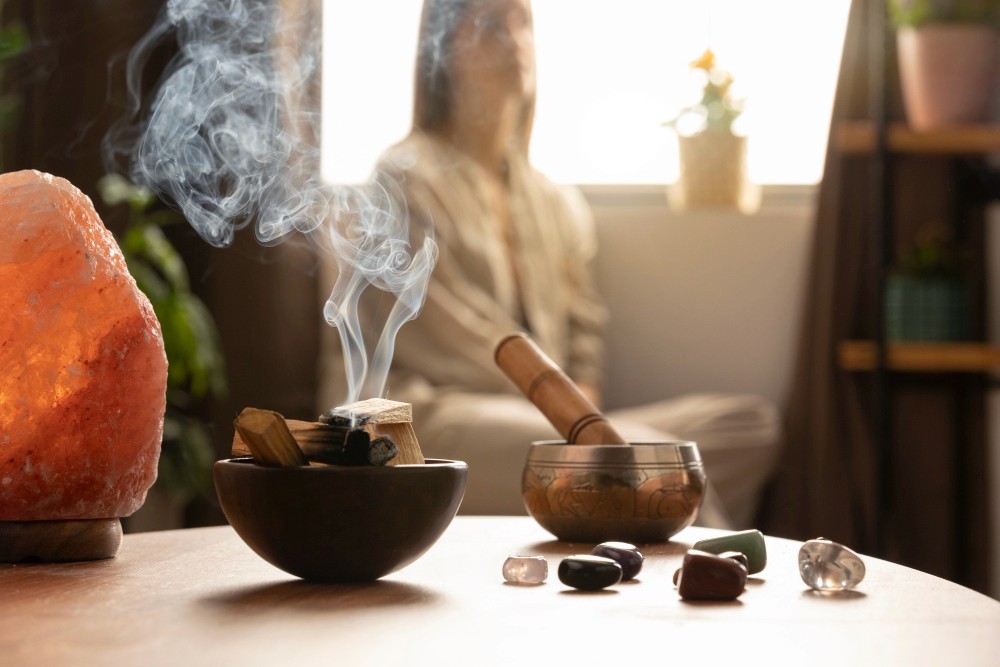
11 min
Soul
Healing Energy of Reiki

Team NxtClue
|
27/08/24
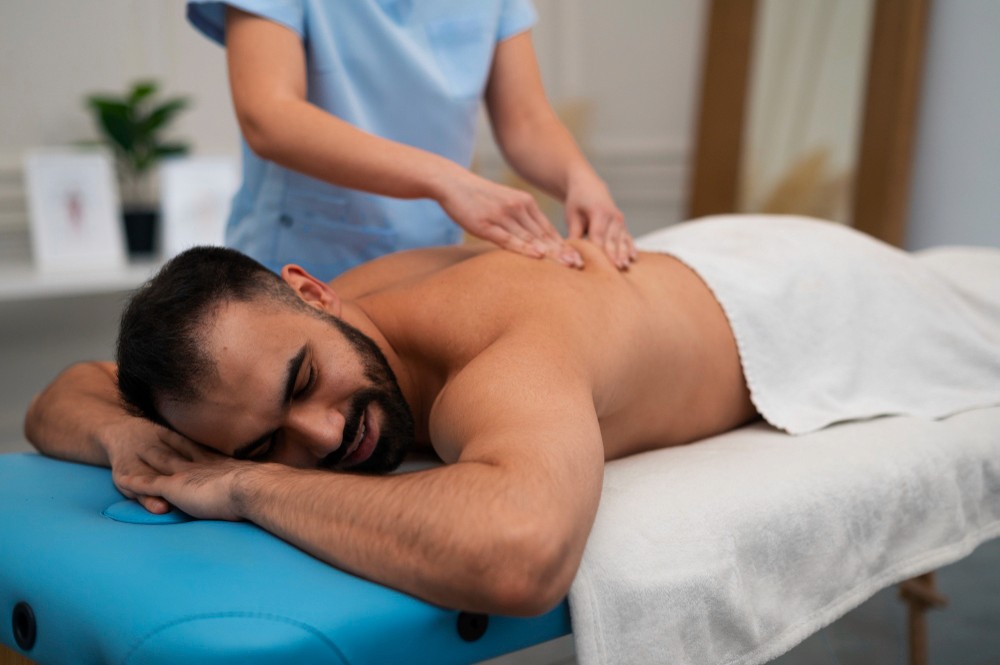
11 min
Soul
Benefits of Massage Therapy

Team NxtClue
|
27/08/24
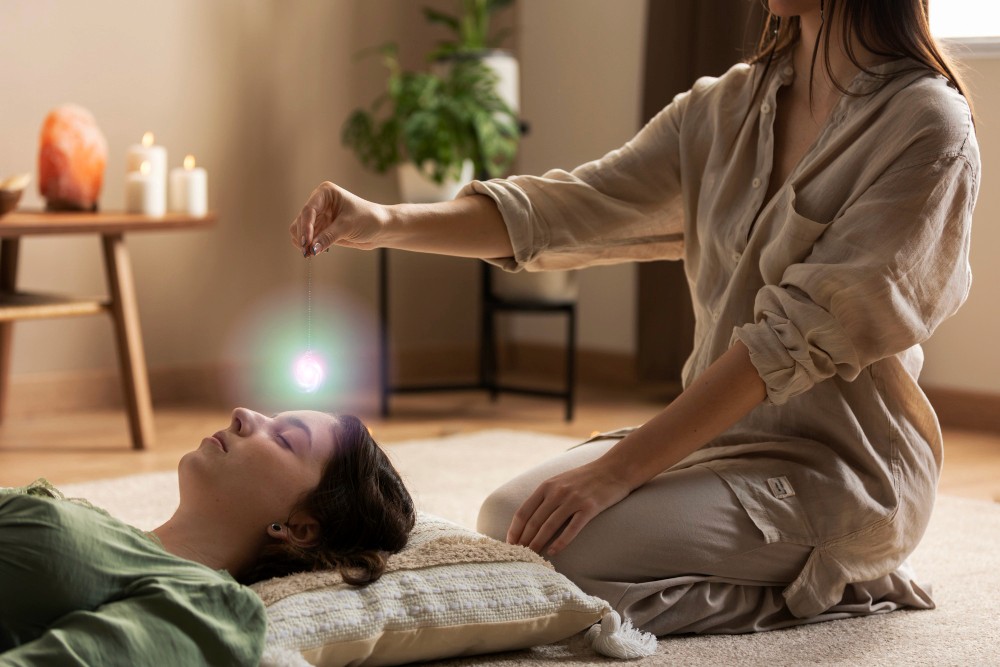
11 min
Soul
Healing with Hypnotherapy

Team NxtClue
|
27/08/24
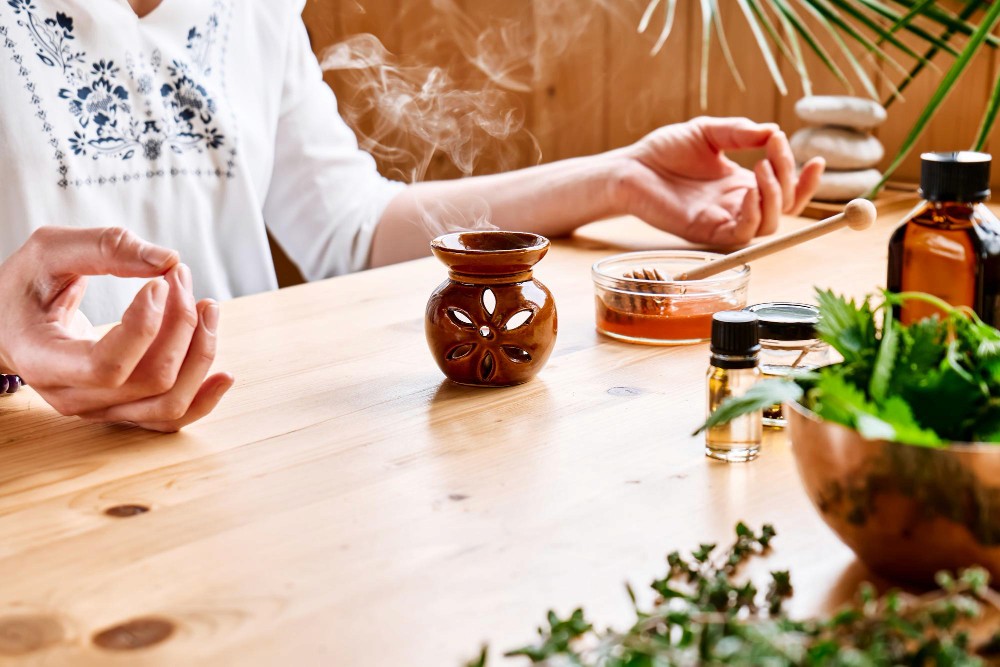
11 min
Soul
Healing with Aromatherapy

Team NxtClue
|
27/08/24

I May Not Be the Menu, But I Can Still Guide You – I Know Some Shortcuts!
With us
Decision is yours
Without us
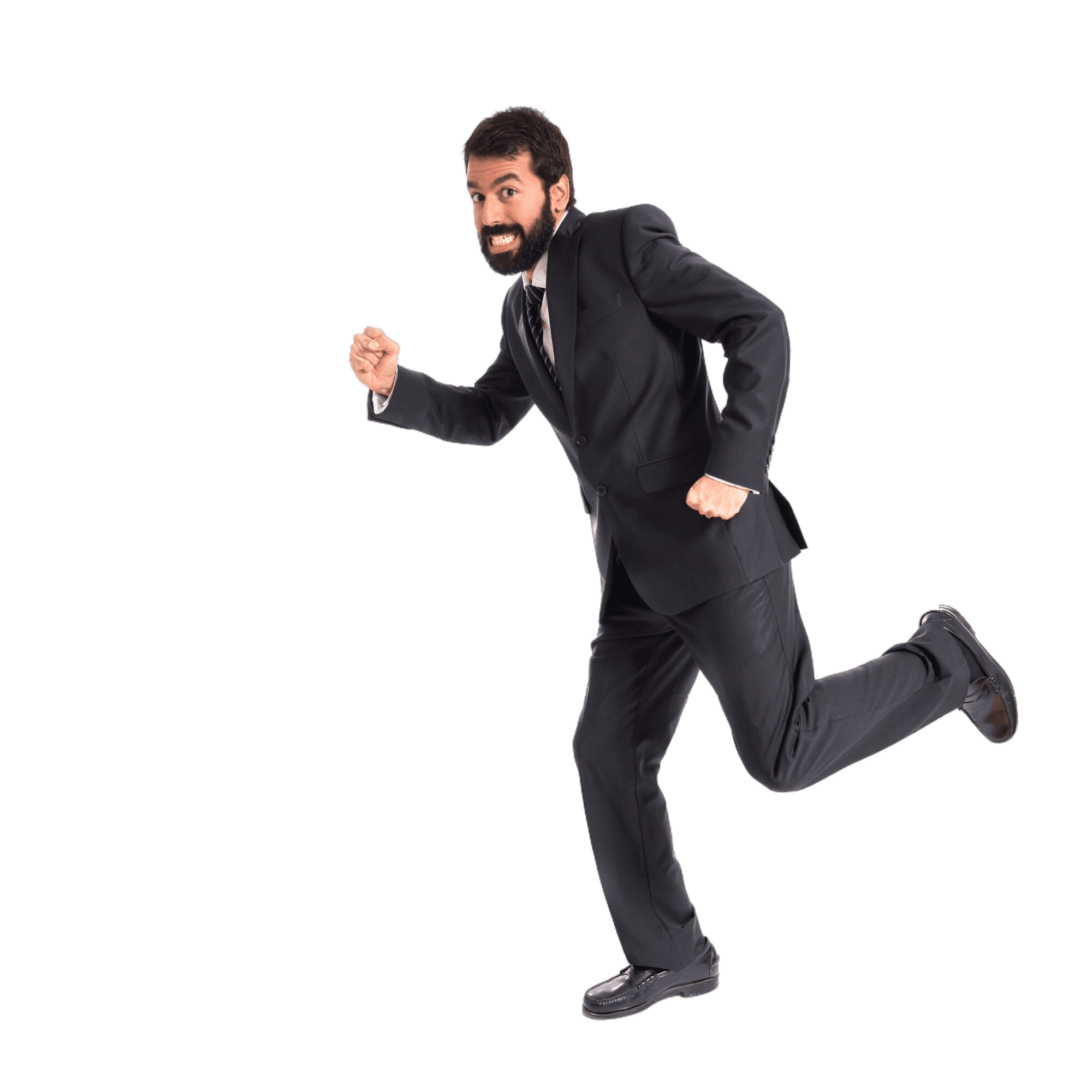
Copyright © 2024 NxtClue | All Rights Reserved
0:00/1:34
Don't have enough time to read?

Listen

5 mins
Soul
Discover 8 Alternative Healing Therapies That Could Transform Your Health

Team NxtClue
|
Aug 26, 2024
Download
8 Alternative Healing Therapies That Are Good For You
Alternative healing therapies involve a variety of practices that fall outside the purview of pharmaceutical treatments. People always turn to them as an alternative to conventional or mainstream treatment for minor illnesses when they find that the latter isn’t working for them. Hence the name alternative healing.
It wasn’t too long ago that these practices were getting a bad rep, often called 'backwards and unreliable'. However, as more people came out with their own positive experience with alternative healing, we’ve come to realize its extraordinary benefits. Today, it’s even offered in many clinical settings in combination with conventional treatments for serious illnesses, and their acceptance in society is growing rapidly as a result.
Let's take a look at a few of these alternative healing therapies and their benefits:
Yoga
Yoga goes back centuries and even millennia, inclusively following a number of spiritual and physical practices such as breathing exercises, meditation, sounds, posture work, and visualization collectively known as Ashtanga, that help increase your self-awareness. A lot of studies suggest that yoga can help reduce the symptoms of depression and anxiety. It's best to do a few classes with a professional instructor if you're a beginner, as doing the yoga poses incorrectly can also result in injuries.
Acupuncture
Acupuncture is an ancient Chinese technique that is a popular form of alternative healing used by licensed physicians. This practice works on the belief that a blocked 'Qi' or energy causes several health problems and aims to restore the flow of your Qi.
An acupuncturist will insert very fine needles into different parts of the body (called acupuncture points). This is believed to stimulate nerves and muscles, which releases natural pain-relieving chemicals into the body. Several studies have shown that acupuncture can help cure digestive problems, back pain, anxiety, sleep disorders, and depression, among other things.
Aromatherapy
Aromatherapy is the practice of utilizing essential oils for healing. A lot of people find that the aroma of particular oils lifts their mood, relieves pain, and helps them relax and sleep better. The oils are used in many different ways. It can be mixed with creams, massaged on to the skin, or added into a warm bath. You can also use a diffuser to spread the aroma throughout a room.
Keep in mind that it is quite possible to experience allergies from the oils, so consider speaking to an aromatherapist beforehand if you have any concerns.
Hypnotherapy
Hypnotherapy puts you in a state of deep relaxation and brings subconscious beliefs, thoughts, and memories to your attention. It also helps you alter unhelpful thoughts and behaviors by increasing your self-awareness. Contrary to popular belief, no one can force you into a hypnotic state, so there's no need to worry about someone else controlling your mind. Plus, your therapist will only use methods that you're comfortable with.
Hypnotherapy offers the potential to manage and treat conditions like depression, anxiety, phobias, stress, anger, addiction, and low self-esteem.
Massage Therapy
Massage therapy dates back thousands of years and is one of the earliest forms of treatment that people used to relieve pain. It uses the power of touch sensitively and respectfully to relieve pain, reduce stress, rehabilitate sports injuries, and manage anxiety and depression, and aid overall wellness. There are several massage therapies you can choose from, including Shiatsu, Ayurvedic panchkarma, aromatherapy massage, and the good old Indian head massage. A practitioner will usually recommend an appropriate massage therapy based on your condition and your lifestyle.
Reflexology
Reflexology works on the principle that different points on your face, hands, and feet share a link with other parts of your body through the nervous system. A reflexologist will use their hands to apply gentle pressure to these points. People use it as a means to relieve tension, to sleep better, and improve their mood. Millions of people use reflexology alongside conventional treatments for conditions like asthma, anxiety, cancer, cardiovascular diseases, kidney function, diabetes, headaches, PMS, and sinusitis.
Reiki
Reiki is a Japanese spiritual healing technique for stress reduction and relaxation. This technique works on the idea that a 'life force energy' flows within our bodies and is the reason we are alive. When this energy becomes low or its flow gets disrupted, our body is more likely to become unwell.
The practice involves a 'laying of the hands' on different areas of the body, including the head, shoulders, stomach, and feet, passing energy from the practitioner to the patient. Reiki treatments aim to restore our life force energy to help us heal and stay healthy. Some even find that it helps them relax and de-stress.
Alternative healing therapies consider all aspects of your physical and emotional well-being rather than treating particular symptoms separately. And as with all medicines and therapies, different things work for different people, and it's not always easy to tell which alternative therapy will be more effective. If you’re under medication, it’s always better to talk through any concerns you have with your doctor or the practitioner before starting any of the alternative therapies.
Copyright © 2024 NxtClue | All Rights Reserved

I May Not Be the Menu, But I Can Still Guide You – I Know Some Shortcuts!
With us
Decision is yours
Without us

Copyright © 2024 NxtClue | All Rights Reserved

I May Not Be the Menu, But I Can Still Guide You – I Know Some Shortcuts!
With us
Decision is yours
Without us

Related Blogs